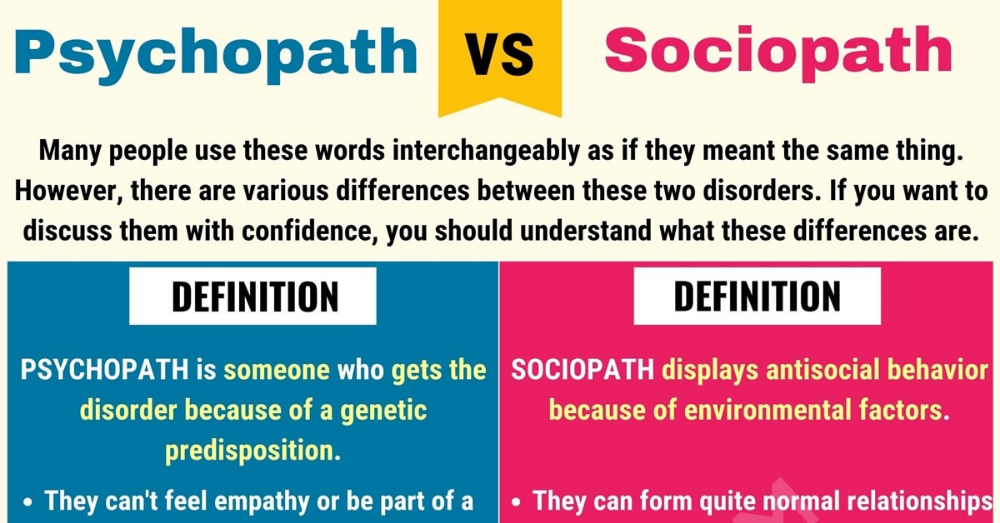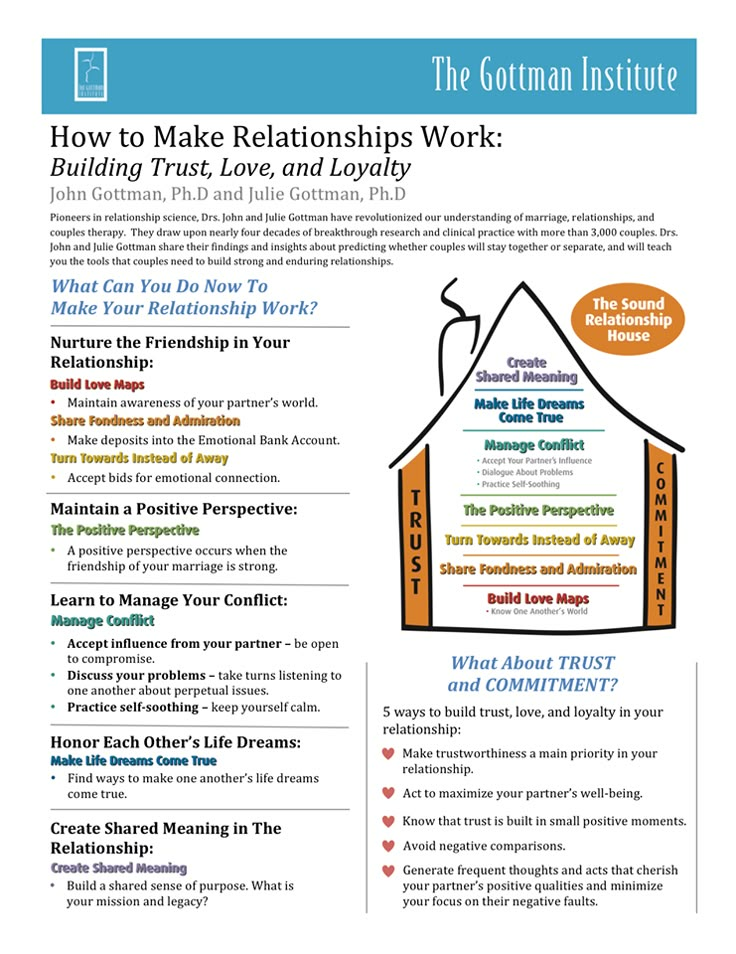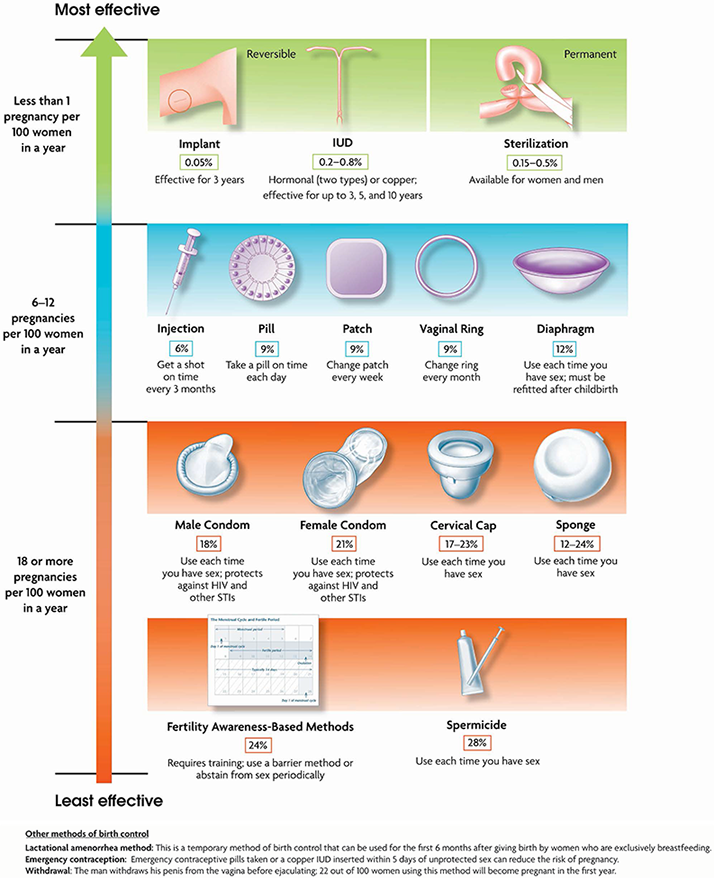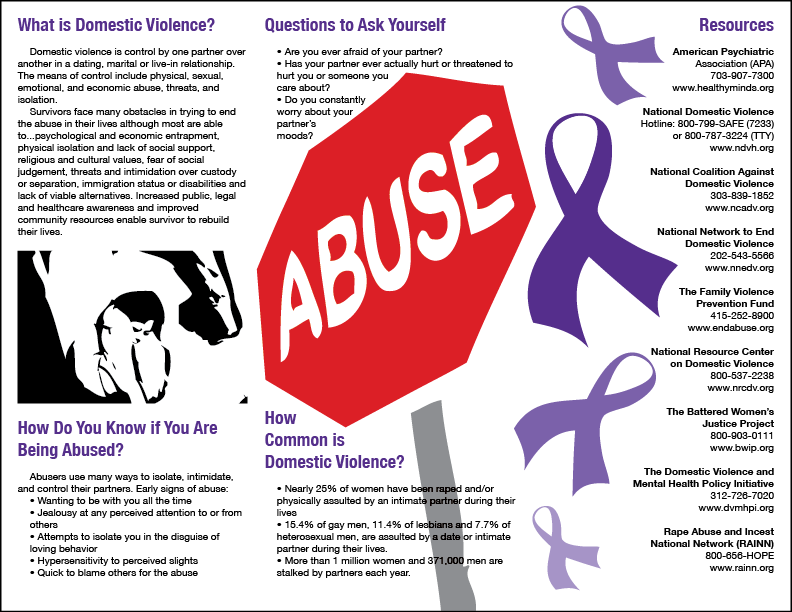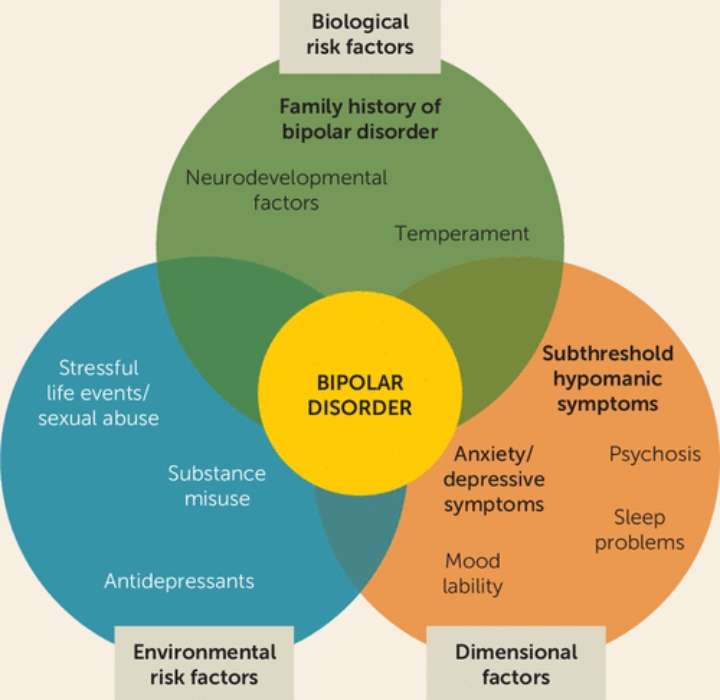Activities for elderly with depression
10 Activities for Seniors to Boost Their Mood
As we age, it’s not uncommon to struggle with finding activities and routines that benefit us the most. If it’s difficult to get out of the house, you may not want to participate in activities outside of the home or away from your senior home care aide. Thankfully, though, science has come a long way in understanding how our activities improve–or negatively affect–our lives.
Low-impact exercise
Exercise can be a fantastic mood booster! As we work out, we release endorphins. These happy chemicals can reduce pain, chase away stress and improve both mood and mental health. Exercising also has the added effect of naturally strengthening our cardiovascular system and reducing blood pressure.
According to the Centers for Disease Control, seniors should be getting around 150 minutes of moderate physical activity each week. The best part of needing to exercise that much is there are so many workout options to choose from. Low impact exercises like biking, walking and tai chi are great ways to get moving without putting too much pressure on the body. Other options include yoga, swimming, dancing and even housework. For example, vacuuming is a great whole-body workout! It even targets your core.
Working out is easier to stick to when friends are involved. Taking a class with friends can help get those receiving senior home care out in the community. Community centers or places like the YMCA often have senior-focused sessions as well as workouts tailored to maintaining a healthy body at any age.
Games
From a little competition to bringing people together, games are powerful. What many people don’t know, though, is that they have a number of health benefits, especially for seniors.
Board games help to activate two key parts of your brain–the hippocampus and the prefrontal cortex. This helps boost memory and stave off the effects of dementia and Alzheimer’s. They can also boost our immune systems, reduce stress and improve our coordination and dexterity. Mental health and mood often get a boost from games as well, especially when playing with others.
They can also boost our immune systems, reduce stress and improve our coordination and dexterity. Mental health and mood often get a boost from games as well, especially when playing with others.
Games that are more mentally challenging include Sudoku puzzles, spelling games like Scrabble and crossword puzzles.
Read
Sitting down and opening up a good book is a great way to get lost in another world. Books can be a great distraction, motivate us to accomplish our goals and even help us sleep more soundly. They’re also wonderful stress relievers!
All it takes is six minutes of reading to slow our heart rates and reduce our stress levels. Reading also engages our brains in a way no other activity can do. That alone has been shown to improve memory and slow Alzheimer’s progression. Challenging texts may yield more benefits.
Social time
There’s a reason you feel comfortable and at ease after spending time with friends.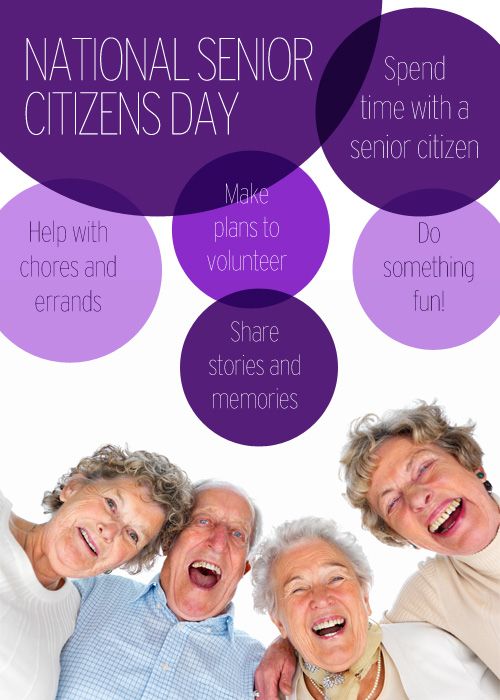 Even talking with friends over the phone or internet can help reduce stress in our lives. People who spend time with friends are more likely to have more confidence, less anxiety and a reduced likelihood of depression. It can also help us live both longer and fuller lives.
Even talking with friends over the phone or internet can help reduce stress in our lives. People who spend time with friends are more likely to have more confidence, less anxiety and a reduced likelihood of depression. It can also help us live both longer and fuller lives.
One concern many people receiving senior home care have is socialization. The myth is that people may not be around their peers as much at home. Thankfully, there are still many ways to be social, especially with the aid of an assisted home health caregiver. Activities like going to religious services, taking courses and meeting friends to exercise or play games are all easily achievable.
Learn a new language or how to play a new instrument
Speaking another language brings us more opportunities to socialize, engage our minds and really challenge ourselves. Through learning languages, you may be less likely to get caught up in the everyday versus setting your eyes on a long-term goal.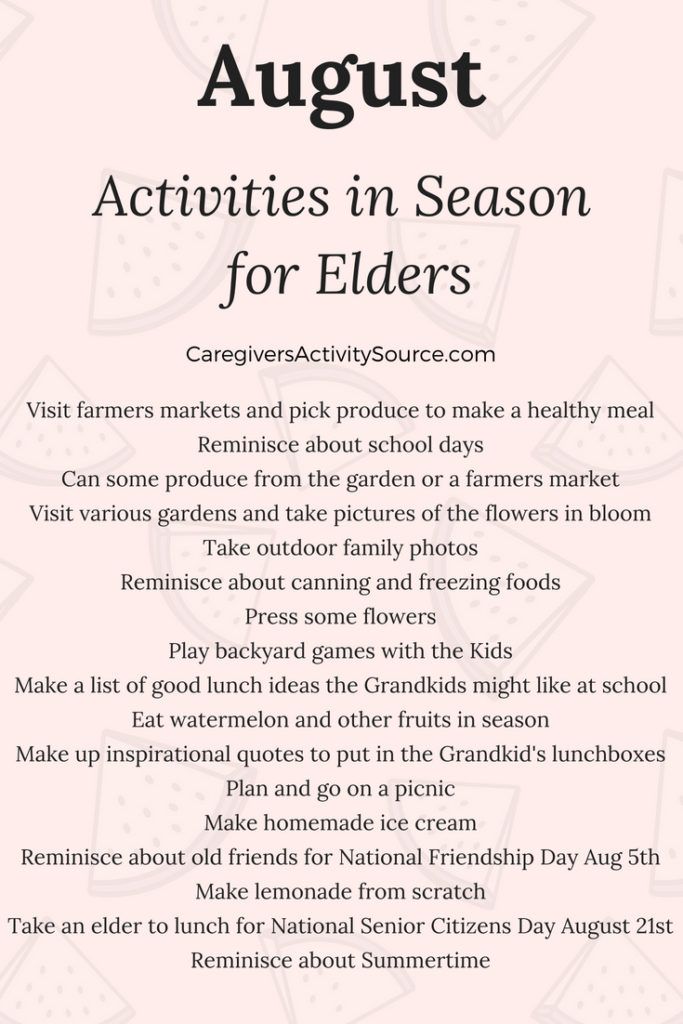 It can also help improve your decision-making skills and make it easier for you to understand new information.
It can also help improve your decision-making skills and make it easier for you to understand new information.
Learning to play an instrument is pretty similar to learning another language. Music is, after all, the one universal language, so it’s no surprise that it brings many of the same benefits. After learning a new instrument, people are able to process information more quickly and, depending on the instrument you pick up, can help improve dexterity in your hands and fingers.
Pets
A major benefit to receiving senior home care is the ability to keep your furry loved ones. The best part about that, though, is how much healthier pets can make us. Studies have shown that interacting with pets can lower anxiety, improve mental health and satisfy a large part of the social interaction we need. Petting a dog, for instance, can release endorphins that lower stress, heart rate and blood pressure.
Pets can help us stick to a routine. From feeding them at the right times to taking them outside for walks, pets also bring owners a feeling of belonging and purpose.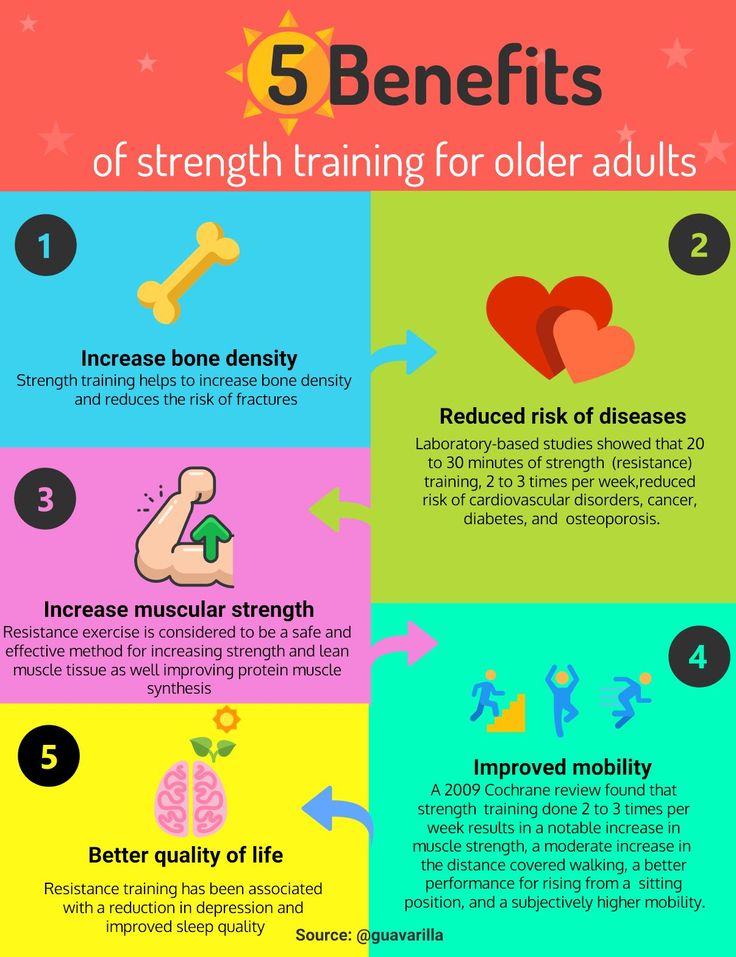 Giving love to and taking care of an animal can vastly improve someone’s quality of life.
Giving love to and taking care of an animal can vastly improve someone’s quality of life.
Arts and crafts
Art brings with it a way to express ourselves without words. Like music, the emotions art can elicit can be felt regardless of where you live and what language you speak. It can be a lot easier for someone struggling with memory issues, too, to pick up a brush and express themselves in images rather than words.
The most wonderful thing about art is how it can open our minds. Interpreting or creating art means using multiple parts of your brain while physically creating. It’s really a great activity for mind, body and soul. The small movements we need to do with arts and crafts can improve our coordination, too. Art therapy can be vital for anyone, but especially as we age to keep our bodies and minds going strong.
Even if you receive home health assistance, you can always take a course through a local parks and recreation system. Knitting, sewing, painting and coloring are all great ways to engage with art, express your feelings and grow.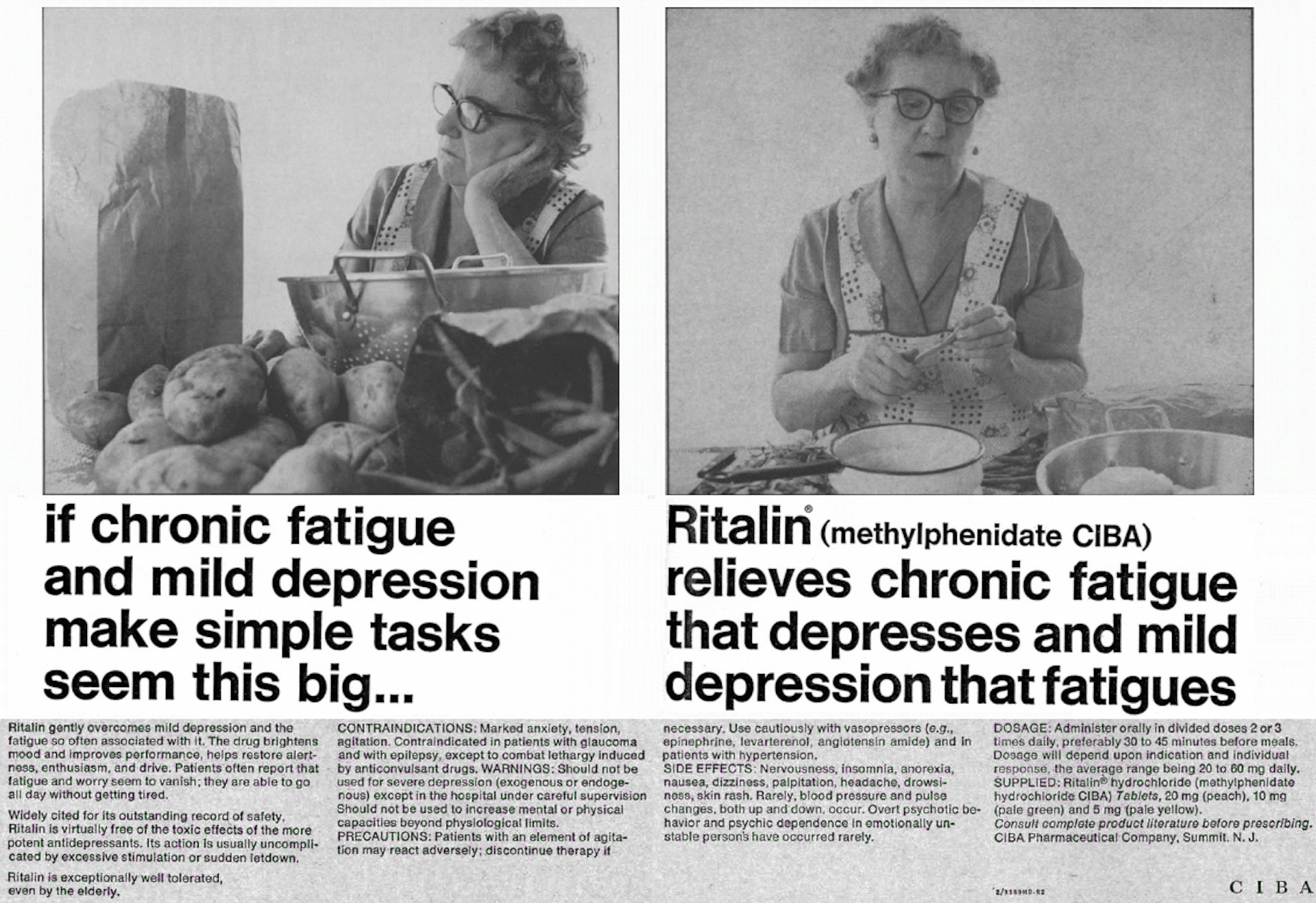
Most importantly, have fun
Playing and having fun are two of the most important and healthy things in life. They can help us to improve our mood and relieve stress. The reality is that the more activities we engage in during our senior years, the more benefits we’re going to receive. From lowering stress to strengthening our minds, the sky’s the limit!
How to Help Older Adults With Depression
As life expectancies continue to increase in industrialized countries, so too will the prevalence of emotional and psychiatric disorders such as depression among older people.
Fortunately, there are many effective therapeutic approaches and activities aimed at enhancing resilience among the elderly.
This article will describe geriatric therapy in general, applicable treatment options, the issue of depression among older people, helpful activities, and useful resources.
Consistent with the idea that “aging is not lost youth but a new stage of opportunity and strength” (Betty Friedan, n.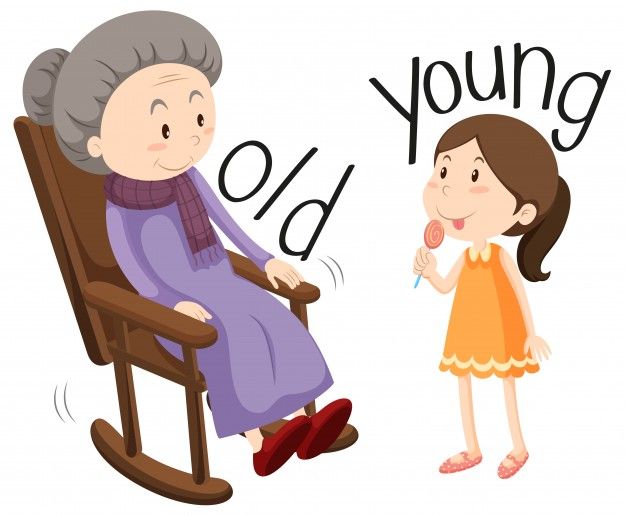 d.), the information and tools provided herein will aid individuals in enjoying a high level of health and satisfaction throughout their lifespan.
d.), the information and tools provided herein will aid individuals in enjoying a high level of health and satisfaction throughout their lifespan.
Before you continue, we thought you might like to download our three Self-Compassion Exercises for free. These detailed, science-based exercises will not only help you increase the compassion and kindness you show yourself but will also give you the tools to help your clients, students, or employees show more compassion to themselves.
This Article Contains:
- What Is Geriatric Therapy?
- How to Help Older Adults With Depression
- 9 Therapy Intervention Ideas
- A Look at Geriatric Group Therapy
- 11 Helpful Activities
- PositivePsychology.com’s Relevant Resources
- A Take-Home Message
- References
What Is Geriatric Therapy?
Geriatrics is “a branch of medicine that deals with the problems and diseases of old age and the medical care and treatment of aging” (Geriatric, n.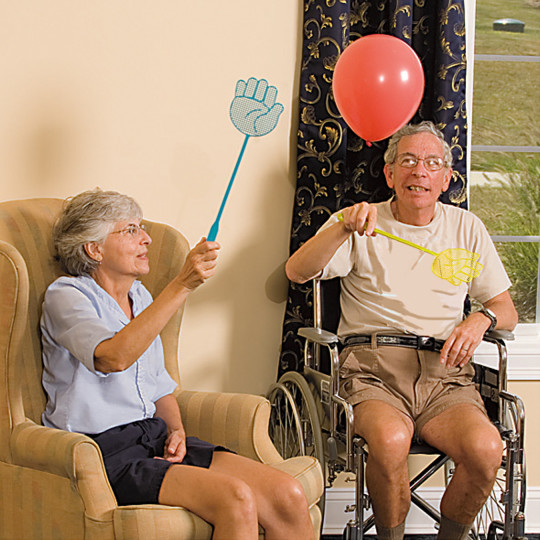 d.).
d.).
Geriatric mental health therapy is focused on the psychological and emotional needs of individuals over the age of 60. Geriatric mental health is a burgeoning area in need of attention, as nearly one out of five elderly Americans experience at least one mental health disorder (Institute of Medicine, 2012).
According to the World Health Organization (WHO, 2017), around 15% of the geriatric population worldwide has a mental health disorder.
The high rates of psychological problems among older people are related to declining health and mobility, cognitive impairment, financial stress, chronic pain, elder abuse, and loneliness (WHO, 2017).
The outcomes of these risk mechanisms are disproportionate rates of depression, anxiety, and substance use issues among the elderly (WHO, 2017). And since adequate mental health treatment is less likely among older people with psychiatric problems (Bartels, 2002), accessing and treating mental health issues among geriatric populations is of immediate importance.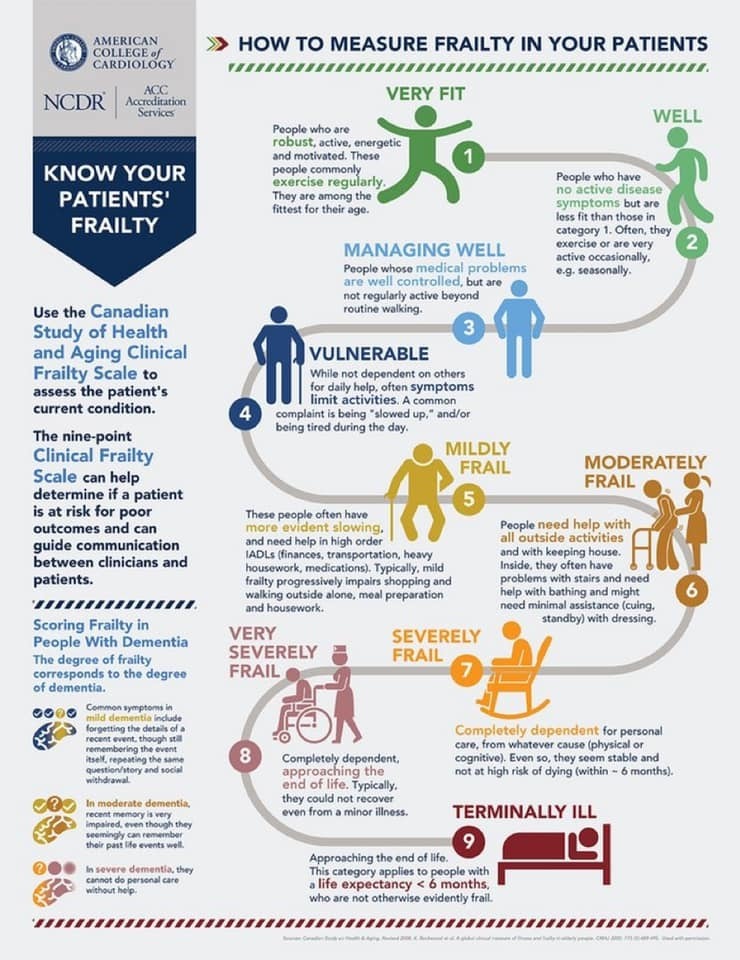
Fortunately, there are various effective approaches to treat mental health disorders among the elderly.
How to Help Older Adults With Depression
Depression represents one of the most prevalent and serious mental health issues faced by the elderly.
For example, in a study examining the prevalence of depression among seniors, Djernes (2006) reported the following:
- In private households, rates of depression were between 0.9% and 9.4%
- In institutional settings, rates of depression were between 14% and 42%
Predictors of geriatric depression included lack of social contacts, somatic illness, functional impairment, cognitive impairment, female gender, and history of depression (Djernes, 2006).
In a related study, significant risk factors for geriatric depression included poor self-rated health status and chronic disease (Chang-Quan et al., 2010).
Clearly, treatment approaches and lifestyle choices aimed at reducing depression among the elderly are needed.
Meta-analyses show a paucity of research focused on the impact of psychotherapy for the treatment of depression among the aged, but also suggest that treatment approaches aimed at enhancing illness management, quality of life, and daily living activities represent key target areas for geriatric mental healthcare (Mackin & Areán, 2005).
9 Therapy Intervention Ideas
Empirical research supports the efficacy of multiple types of mental health therapy among older people. Here are nine examples:
1. Interpersonal Therapy (IPT)
This therapeutic approach is a short-term, structured process in which the practitioner and client work on identifying the client’s underlying problems and developing effective coping strategies.
Interpersonal Therapy, which has been found effective to treat depression, is implemented in the following three phases (Miller, 2008):
- Exploration of the client’s difficulties and how they are affecting them
- Identification of positive coping strategies and ongoing review of how they are working during treatment
- Consolidation of the benefits of the client’s new coping strategies and preparation for the client to continue using them following treatment
Unfortunately, there is a lack of scientific studies specifically investigating the effects of IPT on older individuals, with most research only addressing IPT combined with medication (Mackin & Areán, 2005).
Of the few studies specifically addressing IPT, preliminary findings suggest that IPT may be a highly promising approach for older clients suffering from suicidal ideation and depression (Heisel, Duberstein, Talbot, King, & Tu, 2009).
Similarly, according to their extensive literature review, Bartels et al. (2004) found that IPT was effective specifically for the treatment of depression among older individuals.
Additionally, based on his comprehensive review, Miller (2008) posits that IPT is easily adaptable to older populations and may be especially useful for grief management and the development of coping skills for the transition to long-term care.
IPT also represents a potentially effective add-on treatment component for individuals receiving pharmaceutical therapy (Miller, 2008).
2. Cognitive-Behavioral Therapy (CBT)
CBT is based on the assumption that “emotional disorders are maintained by cognitive factors, and that psychological treatment leads to changes in these factors through cognitive and behavioral techniques” (Hofmann & Smits, 2008, p.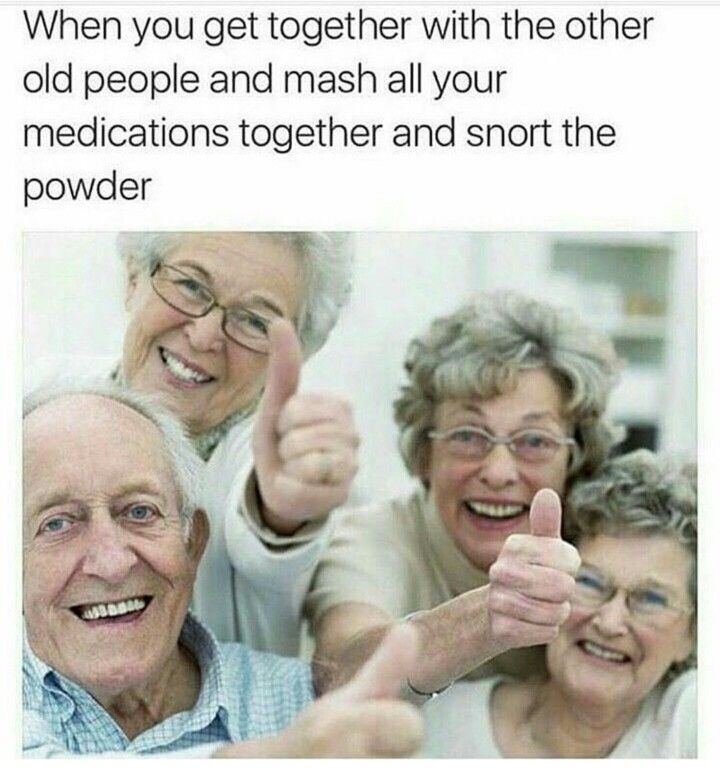 621).
621).
This approach addresses both behavioral and cognitive influences on an individual’s emotions in a particular situation. Bartels et al. (2004) suggest that CBT represents an effective treatment for depression among older clients.
Likewise, Holland, Chong, Currier, O’Hara, and Gallagher-Thompson (2015) investigated CBT as a way of promoting meaning among individuals with geriatric depression. The researchers found that CBT was effective in fostering enhanced positive world views, values, and purpose in life among participants with higher education.
3. Exercise training
Staying physically active is essential for older populations, as it fosters emotional wellbeing, physical health, and longevity. Exercise training is also important for preventing injury.
Hauer et al. (2001) examined the impact of a three-month exercise program aimed at improving strength, mobility, and balance among geriatric participants with a history of falls.
The results showed that exercise was linked to increased functional motor performance, strength, and balance – effects that continued at three-month follow-up (Hauer et al.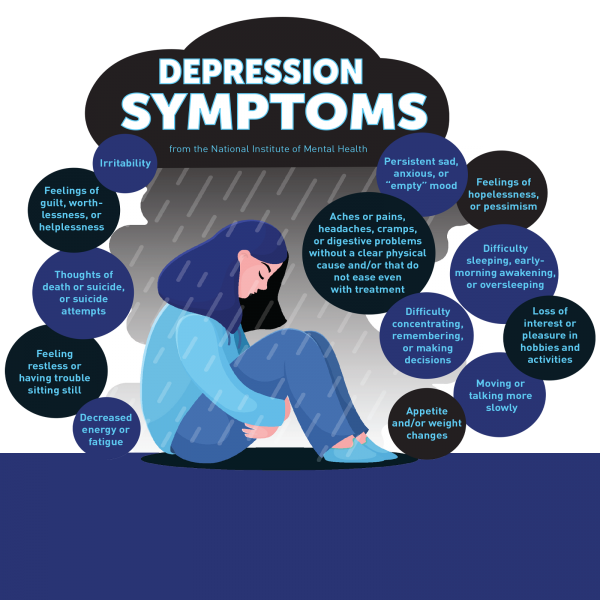 , 2001).
, 2001).
Along these lines, in a literature review examining randomized controlled trials focused on exercise treatments among the elderly, exercise was found to represent a beneficial approach for treating depression among this population (Sjösten & Kivelä, 2006).
4. Occupational Therapy (OT)
OT is an approach that involves “the use of purposeful activity or intervention designed to achieve functional outcomes which promote health, prevent injury or disability and which develop, improve, sustain or restore the highest possible level of independence” (Punwar & Peloquin, 2000, p. 5).
Research has supported the efficacy of OT among older individuals. For example, according to a systematic review of OT approaches among patients in acute geriatric wards, several studies reported higher degrees of functionality in terms of daily living skills (Cuevas-Lara et al., 2019).
5. Animal-Assisted Therapy
Pets have an amazing way of calming anxiety and promoting compassion and tenderness.
Many older people enjoy cats, dogs and other pets without realizing the many ways in which their non-human pals enhance emotional wellbeing. This idea is borne out in the substantive research.
For example, Vrbanac et al. (2013) examined the impact of dog companionship among geriatric nursing home residents. The authors found that participation in the program was associated with reductions in loneliness.
Overall, having a pet is a fun way for older individuals who are fond of animals to greatly improve their own quality of life, as well as that of their furry companion.
6. Music Therapy (MT)
A person need not possess any musical talent to enjoy the benefits of music. For example, Okada et al. (2009) examined the impact of Music Therapy among elderly participants with dementia and cerebrovascular disease.
The treatment group received MT once a week over 10 times. Patients in the MT group experienced increased parasympathetic activity and reduced congestive heart failure events, which are the most common cause of death among seniors (Okada et al.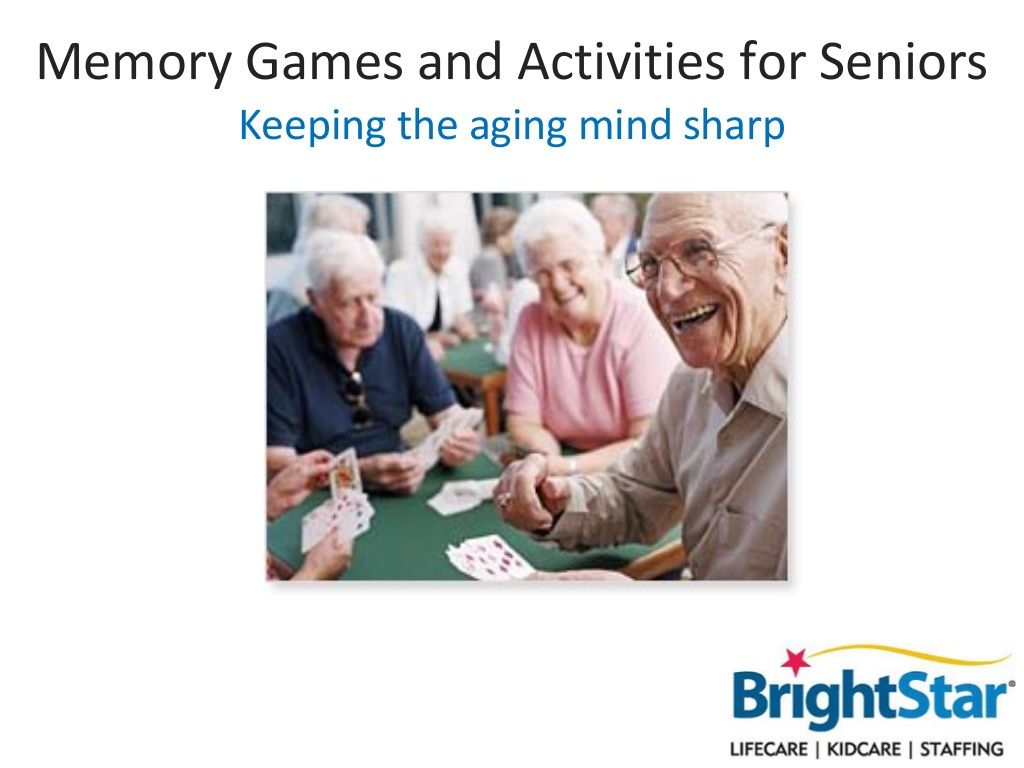 , 2009).
, 2009).
Similarly, in a randomized controlled trial, institutionalized geriatric patients with mild depression underwent a group singing intervention. Those who received the intervention showed significantly lower depression and loneliness than controls after three weeks (Mathew, Sundar, Subramaniam, & Parmar, 2016).
7. Laughter Therapy
Laughter is the sun that drives winter from the human face.
Victor Hugo
It is often said that laughter is the best medicine, a notion that is consistent with the research literature. For example, in a study by Lee, Seo, Lee, and Jung (2016), a laughter therapy program was implemented in order to promote healthy aging among the elderly.
Participants received 60 minutes of laughter therapy for 10 weeks. Those in the treatment group enjoyed reduced stress and more successful aging relative to the control group.
Another study looked at the impact of laughter on sleep, cognition, and depression among elderly individuals.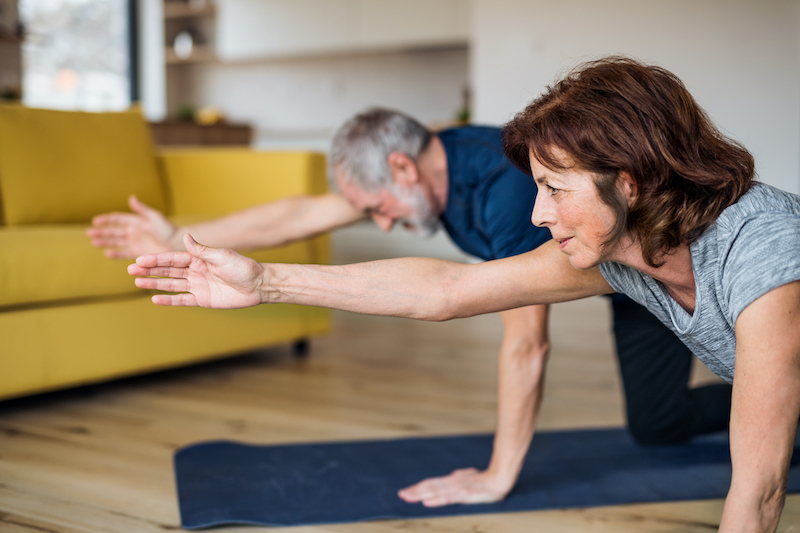 The researchers found that participation in laughter therapy was associated with improvements in sleep quality and insomnia, as well as depression symptoms (Ko & Youn, 2011). Considering these findings, seeking out that which makes you laugh is not only fun, but healthy too.
The researchers found that participation in laughter therapy was associated with improvements in sleep quality and insomnia, as well as depression symptoms (Ko & Youn, 2011). Considering these findings, seeking out that which makes you laugh is not only fun, but healthy too.
8. Art Therapy
Being creative through art therapy is another great way to enhance healthy aging.
Research supports the benefits of art therapy among the elderly. For example, in a study examining the impact of art therapy among older Korean–Americans, the intervention was associated with improved self-esteem, reduced negative emotions, and lower anxiety (Kim, 2010).
Similarly, in their meta-analysis, Masika, Yu, and Li (2020) reported that visual art therapy was associated with improved cognitive function, and reduced depression and anxiety.
Lastly, in a study in which informal art therapy was implemented among low-income seniors, participation was linked to reduced resistance in terms of accessing and using important social services (Rodriguez, 2018).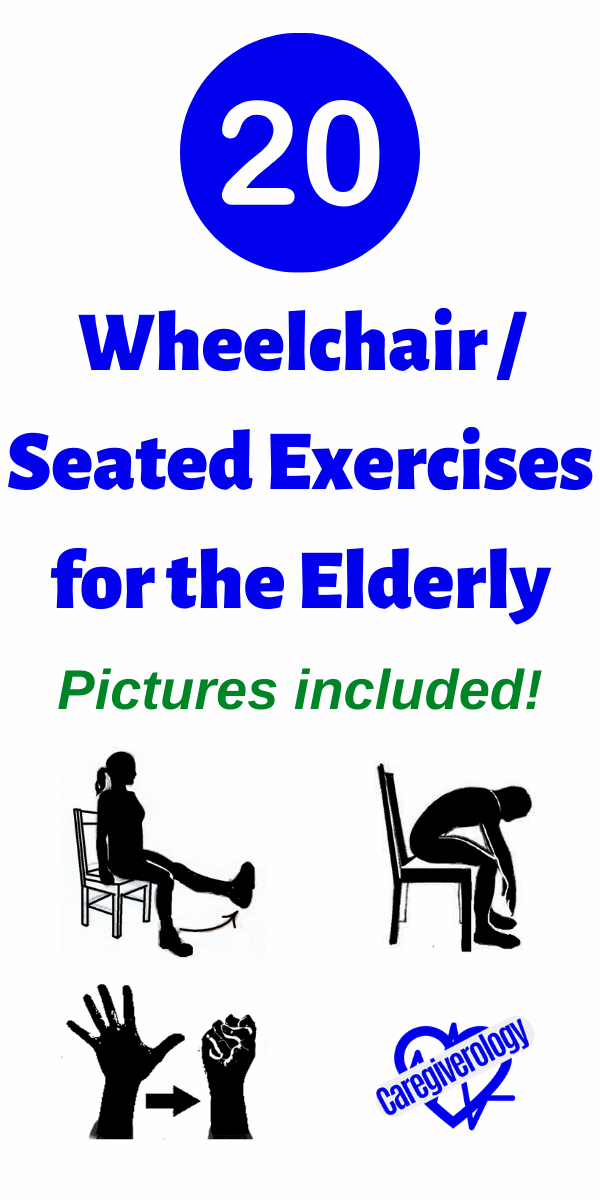
9. Reminiscence Therapy (RT)
RT, also known as Life Review Therapy, involves having individuals discuss past experiences and events using various prompts (e.g., photos) as memory triggers (Subramaniam & Woods, 2012).
Although often used to improve memory among dementia patients, RT may also be helpful for enhancing mood among older people. RT is useful as both an individual or group therapy, and as a standalone or adjunct approach.
Research suggests that RT is a viable approach to treat depression among the aging. For example, among elderly depressed women in an assisted living facility, those who took part in RT experienced significantly lower depression symptoms after the three-week intervention (Jones, 2003).
RT has also been found to reduce depression among older people when combined with antidepressants (Lynch, Morse, Mendelson, & Robins, 2003).
A Look at Geriatric Group Therapy
Geriatric group therapy is an excellent way for older people to feel a sense of support and camaraderie with others dealing with similar issues.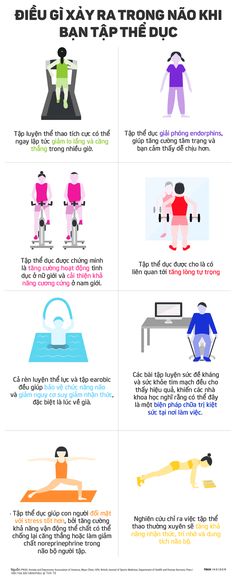
Group therapy may also help to reduce social isolation. The limited research available suggests that group therapy is a good option for older people with depression (Agronin, 2009; Tavares & Barbosa, 2018).
Here are five examples of studies showing evidence for the benefits of group therapy among older people:
- In their systematic review, Tavares and Barbosa (2018) reported that of nine identified studies, eight found significant reductions in depression among depressed seniors participating in group therapy. The authors further noted that group therapy was effective across participant qualities, protocols, and settings.
- Husaini et al. (2005) examined the effect of group therapy among depressed elderly women in Tennessee. Participants underwent 12 group therapy sessions that included a range of components such as grief therapy, exercise, social skill development, and preventive health behaviors. They found significant reductions in depression symptoms among Caucasian participants with at least moderate depression.
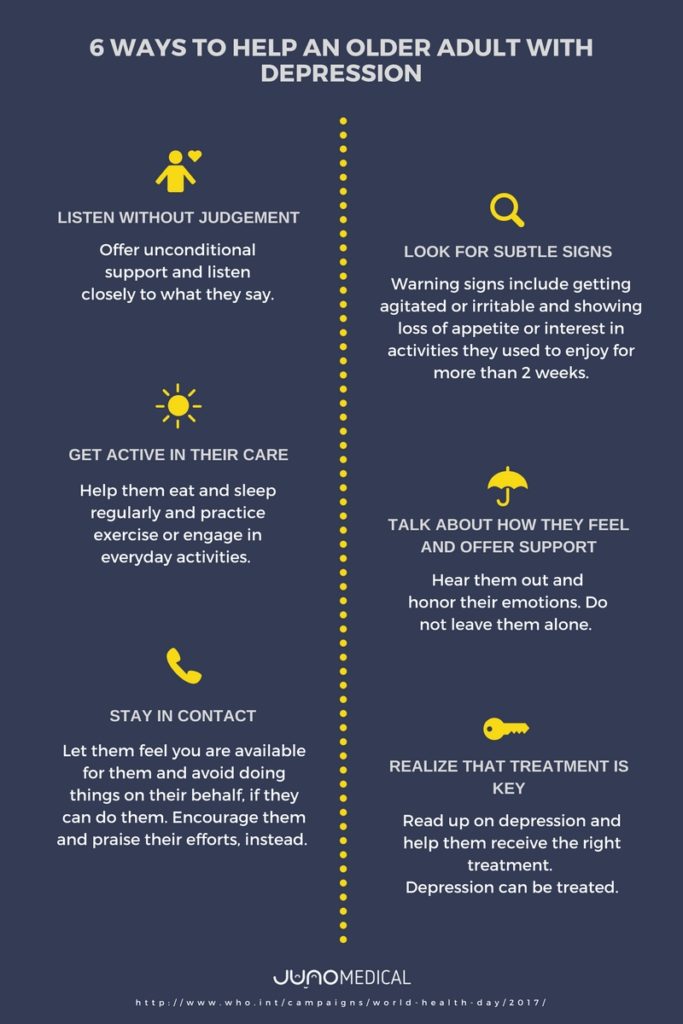
- Chiang, Lu, Chu, Chang, and Chou (2008) examined the impact of a life review group program on life satisfaction and self-esteem among the elderly. The program was intended to enhance self-integration and adaptation among older individuals. The study included elderly Taiwanese men from a veterans’ home. Participation in the group intervention was associated with significant improvements in both self-esteem and life satisfaction.
- Nilsson and Nygård (2003) examined the effects of an occupational group therapy program among elderly individuals living in a pre-discharge community rehabilitation center. The group therapy comprised five sessions intended to promote mutual sharing and reflection. Participation in the group program was linked to increases in adaptation and reflection among elderly people awaiting hospital discharge.
- Werner, Wosch, and Gold (2017) looked at the effects of group music therapy and recreational group singing among elderly nursing home residents in Germany.
 Participation in the group music therapy was associated with significant reductions in depressive symptoms, results that were still evident 12 weeks later.
Participation in the group music therapy was associated with significant reductions in depressive symptoms, results that were still evident 12 weeks later.
11 Helpful Activities
There are many things older individuals can do on their own to promote positive wellbeing.
Here are 11 examples:
- Stay physically active.
Maintaining an active lifestyle is essential for both physical and emotional health. Ideas for older folks include resistance or weight training to maintain lean muscle mass and joint stability, swimming, walking, yoga, and dancing. Also, by checking out a local senior center or joining a gym, seniors will find many options for staying active. - Stay mentally active.
The importance of remaining sharp increases as we age. There are plenty of ways to stimulate the mind, such as puzzles, crosswords, books, and games. - Be social.
Loneliness and isolation represent significant issues for the elderly. These problems may be diminished by getting involved in social activities, such as playing games (e. g., chess) or taking classes with other seniors. Joining community groups or book clubs also promotes social interaction.
g., chess) or taking classes with other seniors. Joining community groups or book clubs also promotes social interaction. - Do gardening.
For many, gardening is a relaxing and creative way to spend time outdoors. If you don’t have a yard, community or deck/patio gardens offer excellent alternatives. - Spend time with animals.
Whether you prefer cats, dogs, rodents, or some other type of critter, they will improve your mood. Dog companionship brings the added benefits that come along with regular walks: exercise and social opportunities. - Live your passions.
It is NEVER too late to do the things you love. Painter Grandma Moses didn’t begin her artistic career until the age of 78. So, find what you love and embrace it, no matter your age. - Be creative.
Art represents another way for seniors to be both creative and social. There are endless ways for older people to be creative, such as drawing, painting, pottery, cooking, knitting, beading, sewing, and photography.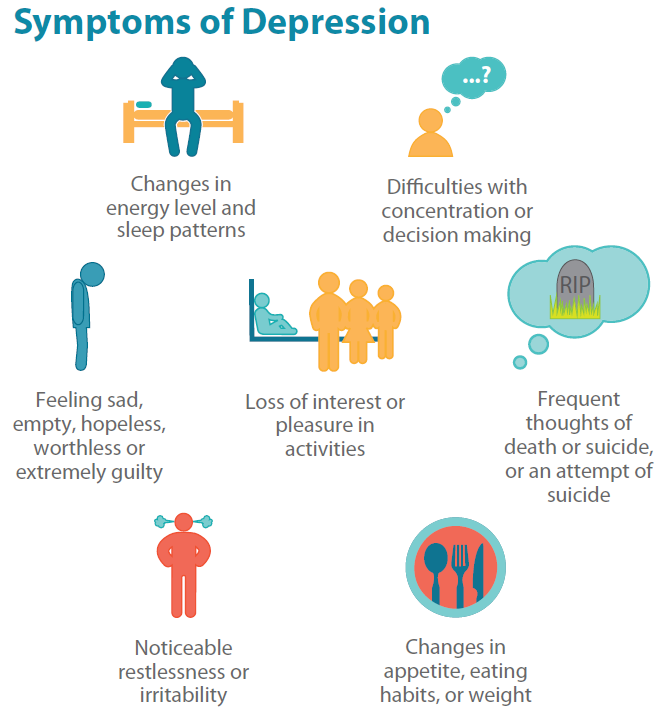
- Enjoy music.
Music has a way of inspiring and soothing the soul. It also brings wonderful memories to the forefront. So, turn the music up, and if you are a singer or musician, keep those gifts alive throughout your lifetime. - Help others.
Altruism helps people think less of their own problems by focusing on the needs of others. There are endless ways to give to one’s community, many of which are doable for elderly individuals. - Get involved in local politics.
Involvement in politics is a great way for older people to play a key role in personally meaningful causes. There are many ways to help, such as working with campaigns or polling centers. - Go on fun outings.
Enjoying fun activities enhances happiness, intellectual growth, and social interaction. There are all sorts of outing possibilities for older folks, such as movies, museums, parks, comedy clubs, and shopping.
PositivePsychology.com’s Relevant Resources
PositivePsychology.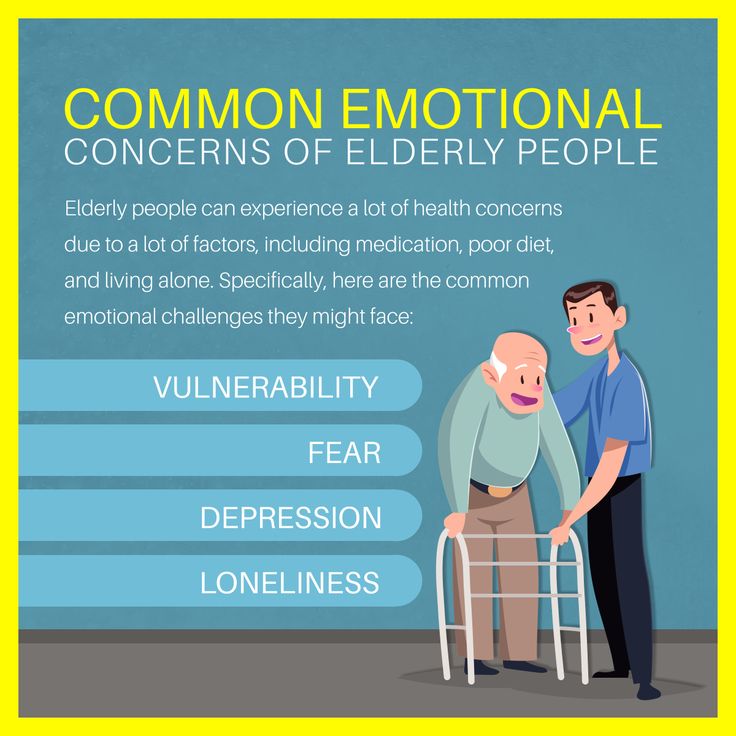 com boasts several excellent resources for enhancing wellbeing among older people. Here are four examples:
com boasts several excellent resources for enhancing wellbeing among older people. Here are four examples:
What Is Positive Aging? is a comprehensive article providing a ton of information aimed at ways to promote positive aging. It describes what positive aging looks like, relevant research findings, useful examples, positive aging theories and tips, helpful books, and so much more.
Realizing Your Meaning is an article containing examples of how individuals may better realize their meaning in life, along with inspiring quotes and useful tools. The article is particularly relevant to older individuals, as it contains a section specifically aimed at helping readers to find meaning as they age.
Our article on Savoring in Psychology is designed to help readers enhance savoring – attending, appreciating, and enhancing positive experiences that occur in one’s life (Bryant & Veroff, 2007).
Although not specifically aimed at older people, it contains tips and resources that nonetheless apply to this group.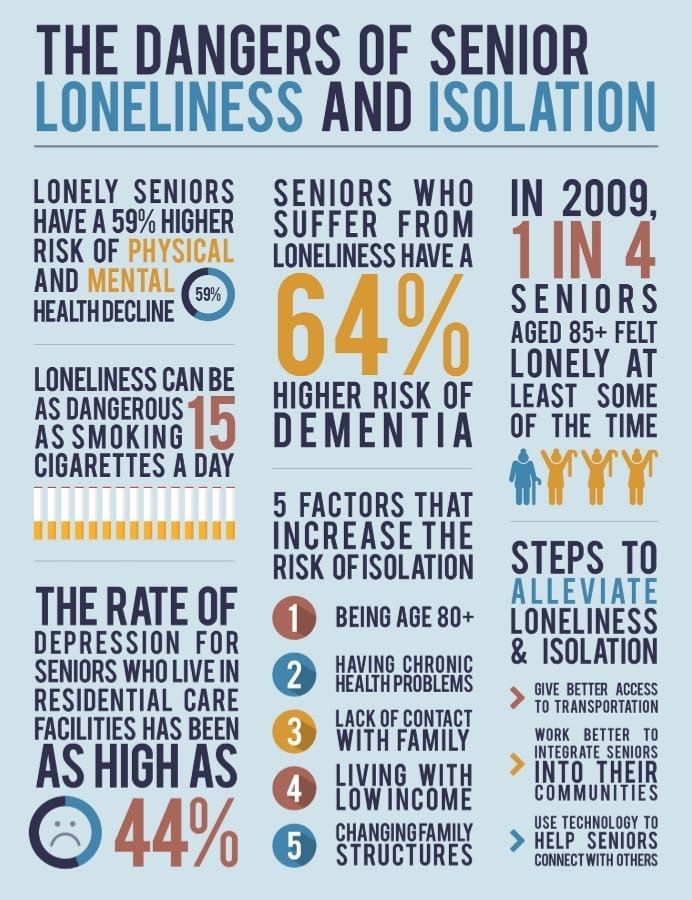 It includes a psychological description of savoring, numerous benefits, and useful exercises, interventions, books, quotes, and tools from PositivePsychology.com.
It includes a psychological description of savoring, numerous benefits, and useful exercises, interventions, books, quotes, and tools from PositivePsychology.com.
A note on savoring the past is also included, as recalling past events is a powerful way to re-experience positive emotions (Speer, Bhanji, & Delgado, 2014).
Positive Reminiscence is an exercise designed to promote the skills of savoring and building positive emotions. It contains the following three steps:
- Think about a positive past event. Consider an event that brought great joy or a sense of accomplishment. Look at inspiring reminders, such as photos.
- Savor. The next step involves taking a few moments to relive a moment from the above event, including event details and associated positive feelings.
- Relive the experience. Last, relive the experience while avoiding analytical thoughts about the event.
Overall, this exercise supports individuals in enjoying greater positivity in life by savoring pleasant events from the past. You can access a pre-prepared version of the Positive Reminiscence exercise, together with over 400 more practitioner resources, with a subscription to the Positive Psychology Toolkit©.
You can access a pre-prepared version of the Positive Reminiscence exercise, together with over 400 more practitioner resources, with a subscription to the Positive Psychology Toolkit©.
17 Self-Compassion Exercises
If you’re looking for more science-based ways to help others develop self-compassion, this collection contains 17 validated self-compassion tools for practitioners. Use them to help others create a kinder and more nurturing relationship with the self.
A Take-Home Message
There has never been a better time to age gracefully.
The tools and information provided here support older individuals in engaging in health-promoting activities, as well as research-guided treatment options.
It is essential to remember that:
“Age is inevitable. Aging isn’t.”
Marv Levy
The sooner older individuals embrace the many resources and tips aimed at healthy aging, the more they will be able to make the most of their golden years.
We hope you enjoyed reading this article. Don’t forget to download our three Self Compassion Exercises for free.
- Agronin, M. (2009). Group therapy in older adults. Current Psychiatry Reports, 11, 27–32.
- Bartels, S. (2002). Quality, costs, and effectiveness of services for older adults with mental disorders: A selective overview of recent advances in geriatric mental health services research. Current Opinion in Psychiatry, 15, 411–416.
- Bartels, S., Dums, A., Oxman, T., Schneider, L., Areán, P., Alexopoulos, G., & Jeste, D. (2004). Evidence-based practices in geriatric mental health care. Focus, 2, 268–281.
- Bryant, F., & Veroff, J. (2007). Savoring: A new model of positive experience. Erlbaum Associates.
- Chang-Quan, H., Xue-Mei, Z., Bi-Rong, D., Zhen-Chan, L., Ji-Rong, Y., & Qing-Xiu, L. (2010). Health status and risk for depression among the elderly: A meta-analysis of published literature.
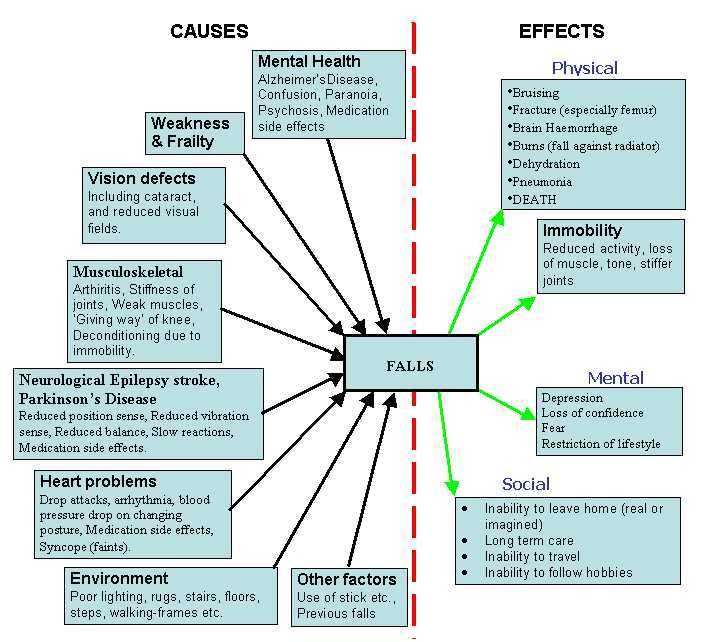 Age and Ageing, 39, 23–30.
Age and Ageing, 39, 23–30. - Chiang, K., Lu, R., Chu, H., Chang, Y., & Chou, K. (2008). Evaluation of the effect of a life review group program on self‐esteem and life satisfaction in the elderly. International Journal of Geriatric Psychiatry, 23, 7–10.
- Cuevas-Lara, C., Izquierdo, M., Gutiérrez-Valencia, M., Marín-Epelde, I., Zambom-Ferraresi, F., Contreras-Escámez, B., & Martínez-Velilla, N. (2019). Effectiveness of occupational therapy interventions in acute geriatric wards: A systematic review. Maturitas, 127, 43–50.
- Djernes, J. (2006). Prevalence and predictors of depression in populations of elderly: A review. Acta Psychiatrica Scandinavica, 113, 372–387.
- Friedan, B. (n.d.). Retrieved April 20, 2021, from https://www.brainyquote.com/search_results?q=aging
- Geriatric. (n.d.) In Merriam-Webster’s online dictionary. Retrieved April 26, 2021 from https://www.
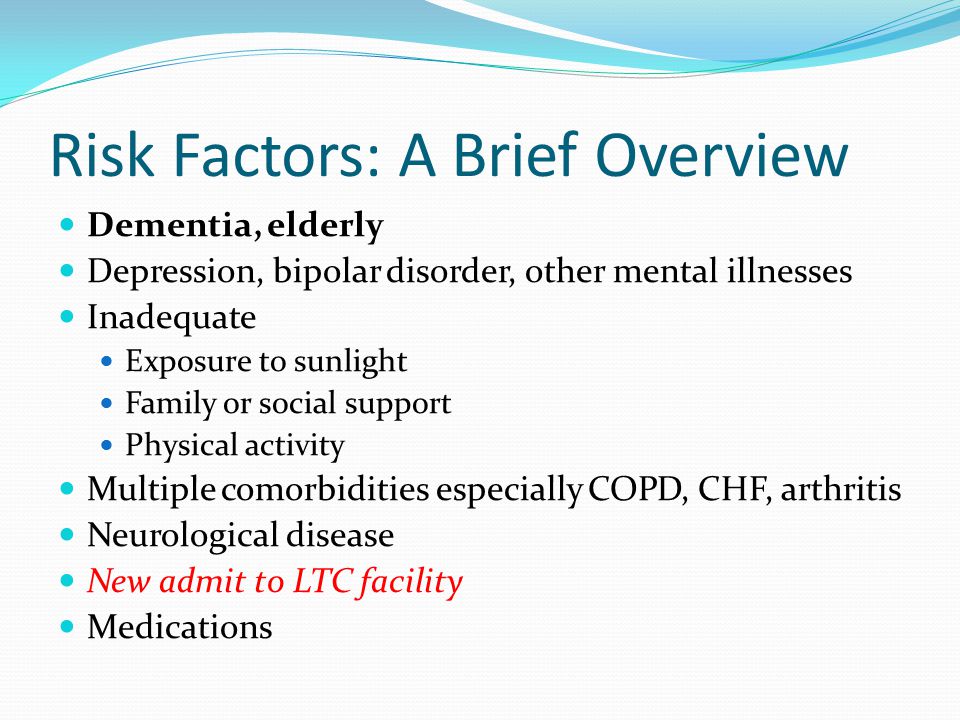 merriam-webster.com/dictionary/geriatric
merriam-webster.com/dictionary/geriatric - Hauer, K., Rost, B., Rütschle, K., Opitz, H., Specht, N., Bärtsch, P., … Schlierf, G. (2001). Exercise training for rehabilitation and secondary prevention of falls in geriatric patients with a history of injurious falls. Journal of the American Geriatrics Society, 49, 10–20.
- Heisel, M., Duberstein, P., Talbot, N., King, D., & Tu, X. (2009). Adapting interpersonal psychotherapy for older adults at risk for suicide: Preliminary findings. Professional Psychology: Research and Practice, 40, 156–164.
- Hofmann, S., & Smits, J. (2008). Cognitive-behavioral therapy for adult anxiety disorders: A meta-analysis of randomized placebo-controlled trials. Journal of Clinical Psychiatry, 69, 621–632.
- Holland, J., Chong, G., Currier, J., O’Hara, R., & Gallagher-Thompson, D. (2015). Does cognitive-behavioural therapy promote meaning making? A preliminary test in the context of geriatric depression.
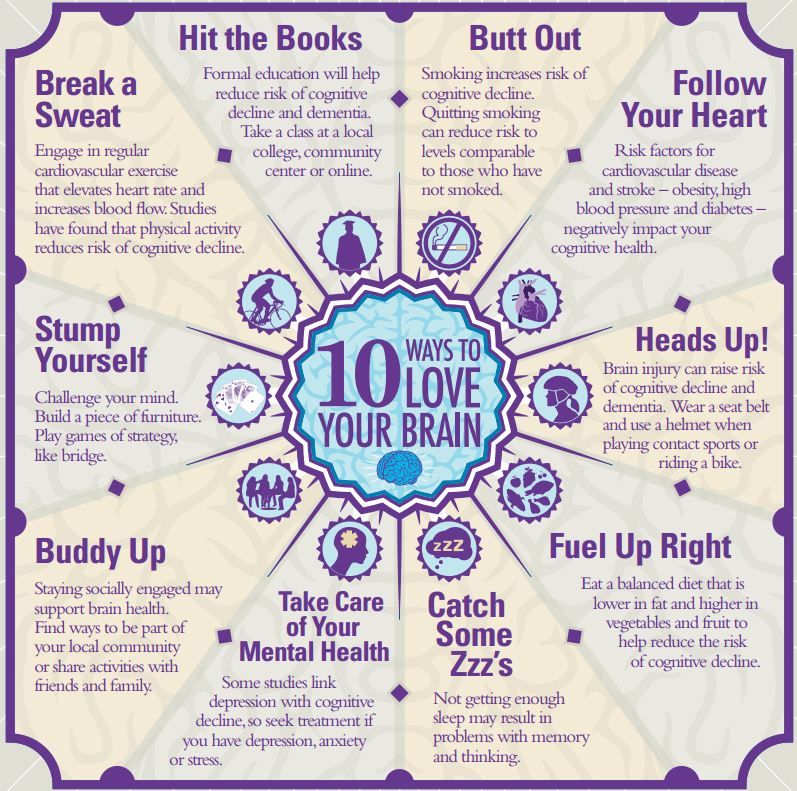 Psychology & Psychotherapy: Theory, Research & Practice, 88, 120–124.
Psychology & Psychotherapy: Theory, Research & Practice, 88, 120–124. - Husaini, B., Cummings, S., Kilbourne, B., Roback, H., Sherkat, D., Levine, R., & Cain, V. (2004). Group therapy for depressed elderly women. International Journal of Group Psychotherapy, 54, 295–319.
- Institute of Medicine. (2012). The mental health and substance use workforce for older adults: In whose hands? National Academies Press.
- Jones, E. (2003). Reminiscence therapy for older women with depression. Effects of nursing intervention classification in assisted-living long-term care. Journal of Gerontological Nursing, 29, 26–33.
- Kim, S. (2010). Healthy aging and art therapy (Doctoral dissertation). Retrieved from Expressive Therapies Dissertations. (81) https://digital commons.lesley.edu/expressive_dissertations/81
- Ko, H., & Youn, K. (2011). Effects of laughter therapy on depression, cognition and sleep among the community-dwelling elderly.
 Geriatrics & Gerontology International, 11, 267-274.
Geriatrics & Gerontology International, 11, 267-274. - Lee, D., Seo, H., Lee, B., & Jung, G. (2016). Development and effects of laughter therapy program in geriatric successful aging and stress in elderly. Journal of the Korea Convergence Society, 7, 199–208.
- Lynch, T., Morse, J., Mendelson, T., & Robins, C. (2003). Dialectical behavior therapy for depressed older adults: A randomized pilot study. The American Journal of Geriatric Psychiatry, 11, 33–45.
- Mackin, R., & Areán, P. (2005). Evidence-based psychotherapeutic interventions for geriatric depression. Psychiatric Clinics of North America, 28, 805–820.
- Masika, G., Yu, D., & Li, P. (2020). Visual art therapy as a treatment option for cognitive decline among older adults. A systematic review and meta-analysis. Journal of Advanced Nursing, 76, 1892–1910.
- Mathew, D., Sundar, S., Subramaniam, E.
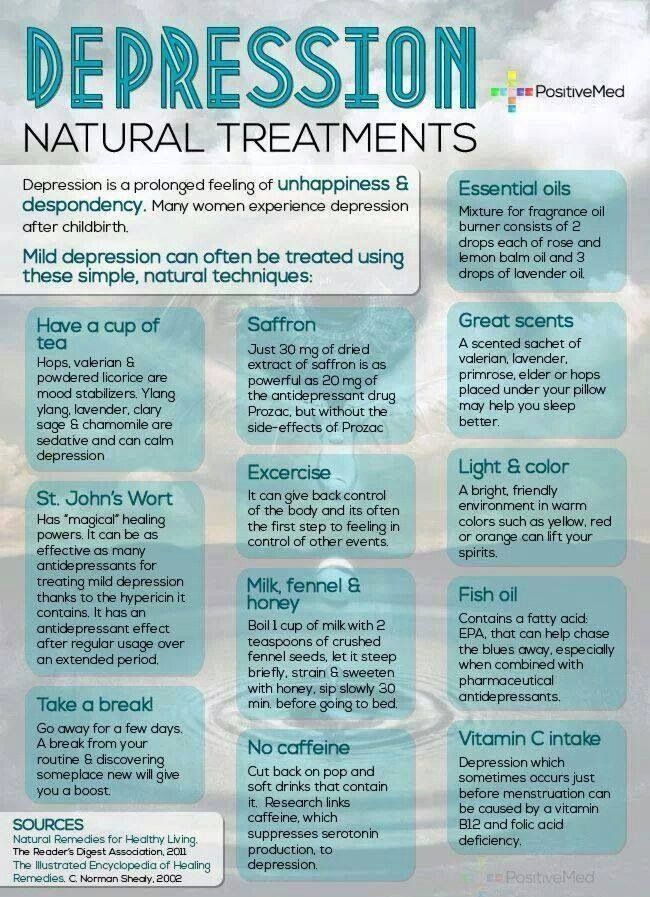 , & Parmar, P. (2017). Music therapy as group singing improves geriatric depression scale score and loneliness in institutionalized geriatric adults with mild depression: A randomized controlled study. International Journal of Educational & Psychological Researches, 3, 6–10.
, & Parmar, P. (2017). Music therapy as group singing improves geriatric depression scale score and loneliness in institutionalized geriatric adults with mild depression: A randomized controlled study. International Journal of Educational & Psychological Researches, 3, 6–10. - Miller, M. (2008). Using interpersonal therapy (IPT) with older adults today and tomorrow: A review of the literature and new developments. Current Psychiatry Reports, 10, 16–22.
- Nilsson, I., & Nygård, L. (2003). Geriatric rehabilitation: Elderly clients’ experiences of a pre-discharge occupational therapy group programme. Scandinavian Journal of Occupational Therapy, 10, 107–117.
- Okada, K., Kurita, A., Takase, B., Otsuka, T., Kodani, E., Kusama, Y., … Mizuno, K. (2009). Effects of music therapy on autonomic nervous system activity, incidence of heart failure events, and plasma cytokine and catecholamine levels in elderly patients with cerebrovascular disease and dementia.
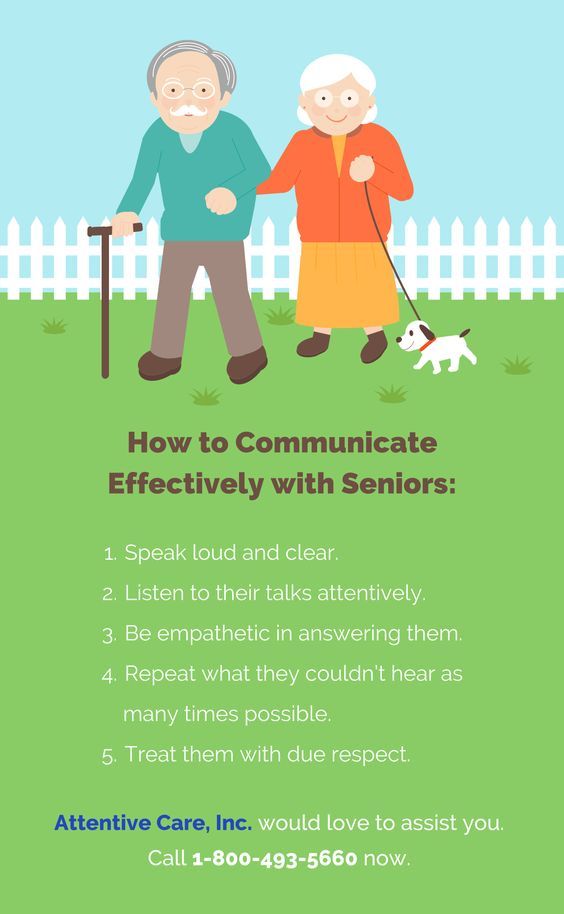 International Heart Journal, 50, 95–110.
International Heart Journal, 50, 95–110. - Punwar, A., & Peloquin, S. (2000). Occupational therapy: Principles and practice. Lippincott Williams & Wilkins.
- Rodriguez, J. (2018). Informal art therapy group among minority seniors in independent living communities (Master’s thesis). Retrieved from https://scholarworks.lib.csusb.edu/etd/658/
- Sjösten, N., & Kivelä, S. (2006). The effects of physical exercise on depressive symptoms among the aged: A systematic review. International Journal of Geriatric Psychiatry, 21, 410–418.
- Speer, M., Bhanji, J., & Delgado, M. (2014). Savoring the past: Positive memories evoke value representations in the striatum. Neuron, 84, 847–856.
- Subramaniam, P., & Woods, B. (2012). The impact of individual reminiscence therapy for people with dementia: systematic review. Expert Review of Neurotherapeutics, 12, 545–555.
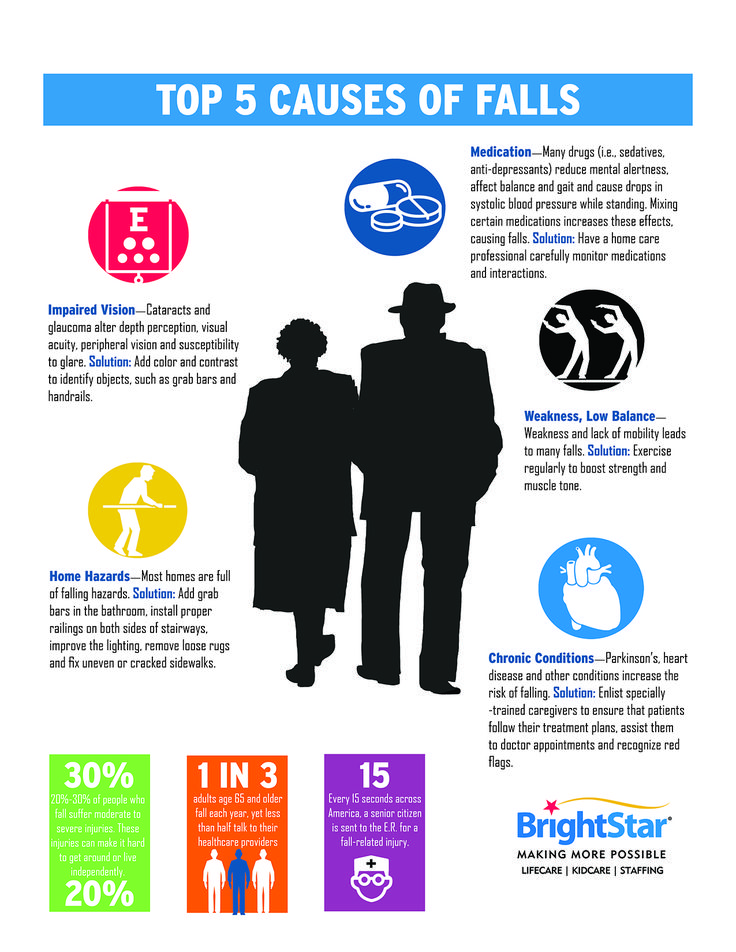
- Tavares, L., & Barbosa, M. (2018). Efficacy of group psychotherapy for geriatric depression: A systematic review. Archives of Gerontology and Geriatrics, 78, 71–80.
- Vrbanac, Z., Zečević, I., Ljubić, M., Belić, M., Stanin, D., Brkljača Bottegaro, N., … Žubčić, D. (2013). Animal assisted therapy and perception of loneliness in geriatric nursing home residents. Collegium Antropologicum, 37, 973–976.
- Werner, J., Wosch, T., & Gold, C. (2017). Effectiveness of group music therapy versus recreational group singing for depressive symptoms of elderly nursing home residents: Pragmatic trial. Aging & Mental Health, 21(2), 147–155.
- World Health Organization. (2017, December 12). Mental health of older adults. Retrieved April 26, 2021, from https://www.who.int/news-room/fact-sheets/detail/mental-health-of-older-adults
Assistance in the treatment of depression in the elderly in a nursing home in St.
 Petersburg
Petersburg Elderly people take everything to heart. A small problem seems like a real disaster to them, they even react emotionally to television programs and series. What can we say about really serious problems, such as the loss of a loved one. If a couple has lived together for many decades, then the loss of a spouse is a huge psychological trauma for an elderly person. He may experience neurosis and even depression.
Symptoms of depression in the elderly
Depression in older women and men should not be ignored, if symptoms of the disease are present, treatment should also be started. Depression is characterized by low mood, suicidal thoughts, dissatisfaction with oneself and loved ones, thoughts about imminent death, about the past. An elderly person in a depressed state gets irritated at the slightest provocation, constantly grumbles and is dissatisfied, his vitality decreases.
Signs of depression:
If you notice all these signs of illness in a loved one, you should know that older people need early treatment for depression. If you do not lend a helping hand to a person in time and do not normalize his psychological state, depression can lead to the risk of developing mental disorders and significantly reduce the quality of life of an elderly person.
If you do not lend a helping hand to a person in time and do not normalize his psychological state, depression can lead to the risk of developing mental disorders and significantly reduce the quality of life of an elderly person.
Medical assistance is provided by specialists from our partner medical centers. For many years we have been cooperating with the best doctors who have vast experience in the fight against depression and other mental disorders. The treatment of elderly patients always has its own nuances, which a competent specialist should be aware of. A number of specialists work with each patient, including not only psychologists, but also rehabilitation specialists, neurologists, geriatricians, neuropsychologists, psychiatrists, psychotherapists, etc.
All of them prescribe a number of necessary drugs and exercises aimed at eliminating the disease. The tasks of our staff are:
-
strict control over the timely intake of drugs;
-
compliance by the patient with all doctor's recommendations;
-
attending rehabilitation classes;
-
visits to other recreational activities.

The goals of specialists are: normalization of the psychological and psycho-emotional state of a person, assistance in eliminating the causes of depression, resolving a difficult situation for an elderly person. Rehabilitation of depression is a whole range of activities that is necessary to help find a way out of a problem situation, achieve the goals set by the psychologist.
Gradually, the specialist brings the elderly person out of their severe depressive state, changes his attitude to the situation, and allows him to look at the problem from a different angle. The sisters of mercy and other residents constantly communicate with the pensioner, share their experience in experiencing similar situations, thereby helping to get out of depression.
Rehabilitation after depression includes the organization of leisure activities by our specialists, outdoor entertainment events, performances, movies, celebrations. Pensioners in our nursing home "Centenarians" in St. Petersburg are never bored or lonely. They are always surrounded by warmth, home comfort and daily care.
Petersburg are never bored or lonely. They are always surrounded by warmth, home comfort and daily care.
News the older generation of Pandemia
- Elizaveta Prondyuk
- July 23, 2021
- Reading time: 2 min
-
VK
-
TW
-
TG0002 Older people will communicate in small groups on social networks using special smartphones. The project is designed for three years.
The Yekaterinburg Menorah Foundation launched the Caring Connection project, which aims to help older people overcome loneliness due to pandemic restrictions. Elderly people will be given one hundred smartphones on which software is installed that facilitates communication on social networks. Using smartphones, you can also get online consultations from volunteers.
“The project was conceived in order to rebuild social work, which was in person before the pandemic.
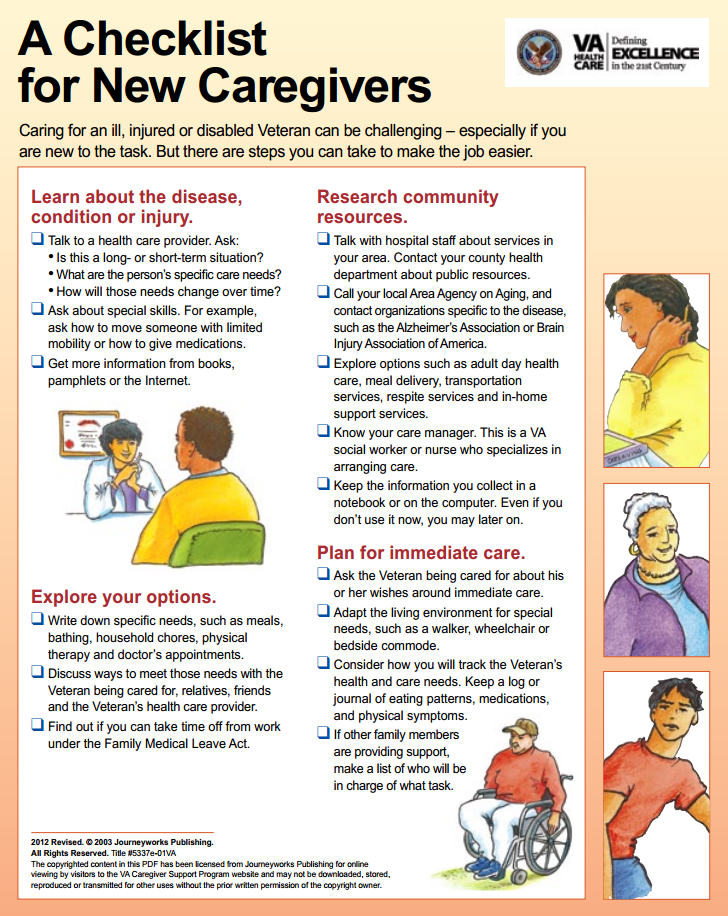 Now older people can be in touch with us all the time, we can help them overcome depression. Smartphones have large buttons adapted to the needs of an elderly person. There is a separate button for communicating with coordinators and tech volunteers,” said Irina Gutkina, Director of the Menorah Foundation.
Now older people can be in touch with us all the time, we can help them overcome depression. Smartphones have large buttons adapted to the needs of an elderly person. There is a separate button for communicating with coordinators and tech volunteers,” said Irina Gutkina, Director of the Menorah Foundation. Using smartphones, older people will communicate in small groups and exchange news. They will also take part in courses on keeping fit and fighting dementia.
TG
- July 23, 2021
- NECE Reading: 4 Min 9000 9000 9000 9000 9 People with disabilities
- Daria Burlakova
- July 23, 2021
- 0022
- Oksana Chernysheva
- 23, 2021
- For reading: 1 min
- 9000.
Read also
News
Moscow Mayor supported the opening of "Goods Centers" and the implementation of the program of support of volunteers
The first co-working space for people with disabilities will open in Russia
News Historical memory
In Kaliningrad castles will host the Cantata Charity Festival
Culture and art.
